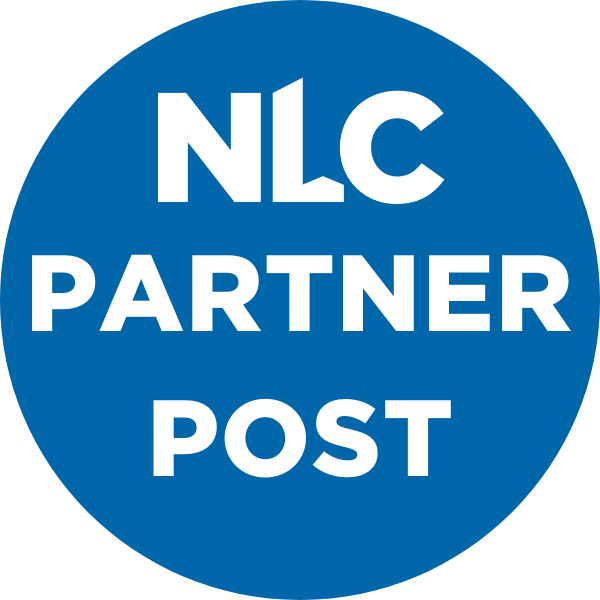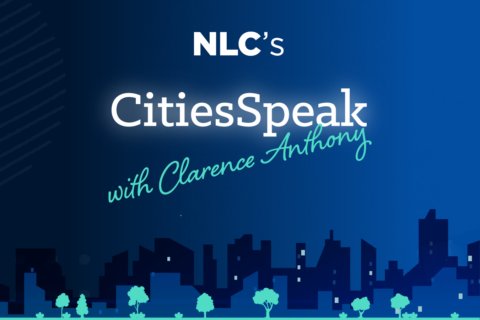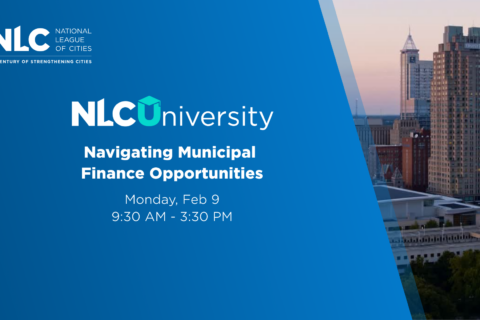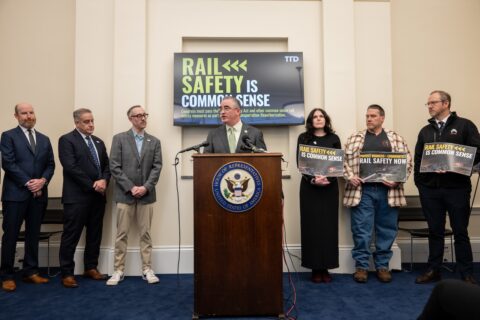Authored by Megan Lancaster, Director of Research and Innovation, National Association of State Procurement Officials (NASPO)
When local governments spend public dollars, they do more than purchase goods and services — they build trust, create opportunity and shape the quality of life in their communities. At the heart of this spending is public procurement and the staff who make the procurement process work.
Whether you’re a city council member, a county commissioner, a school board trustee or a mayor, understanding the power and potential of procurement isn’t just a good idea — it’s a governing essential.
What Is Public Procurement?
Public procurement is the process by which governments of all sizes purchase the goods and services they need to operate. This includes everything from fire trucks and textbooks to IT systems, garbage collection and even consultants for strategic planning.
In most jurisdictions, procurement is guided by rules and statutes designed to ensure fairness, transparency, cost-effectiveness and accountability. It’s not about cutting red tape for the sake of speed — it’s about ensuring that public money is spent wisely, competitively, and with the public interest in mind.
Why Should Local Officials Care?
You’re not the one drafting contracts or issuing requests for proposals (RFPs), so why should procurement matter to you? Because as an elected official, you’re responsible for stewardship of public resources. Here’s why procurement deserves a front-row seat in your priorities:
1. It’s a Strategic Lever — Not Just a Transaction
Too often, procurement is treated as a back-office function — just a way to “get stuff.” However, leading local governments see it as a strategic lever for innovation and impact. In many local governments, procurement accounts for a significant portion of the annual budget. Yet, unlike salaries and long-term capital investments, purchasing decisions are often seen as routine or administrative. That’s a missed opportunity.
A smart procurement strategy can reduce costs, increase efficiency and even help recover from economic shocks. For example, using cooperative purchasing agreements can reduce prices by leveraging bulk buying power, while performance-based contracting ensures that suppliers are paid for results — not just activity.
As a policymaker, you have the power to understand how purchasing decisions are made, support more innovative procurement practices and demand better outcomes for your community. Want to address homelessness? Your procurement policies can ensure service providers meet clear performance metrics. Looking to digitize city services? The right tech procurement strategy can help you avoid supplier lock-in and future-proof your systems. Trying to tackle climate change? You can require green building standards or prioritize low-emission vehicles.
By working closely with procurement professionals, elected officials can align purchasing with policy — and deliver more meaningful results.
2. Procurement Is a Trust Issue
Nothing erodes public trust like the appearance of favoritism, waste or corruption. Procurement scandals —whether real or perceived — can damage not only a department’s reputation but also the credibility of the entire local government.
A clear, competitive, and transparent procurement process protects you and your colleagues from those risks. They demonstrate to taxpayers that you’re handling public money with integrity. And when constituents ask, “Why did the city choose that contractor?” you’ll have a solid answer backed by process and documentation.
Proactive transparency — such as publishing contract awards, RFP timelines and supplier evaluations — goes a long way in building community confidence.
3. Procurement Drives Economic Inclusion
Local governments have enormous purchasing power. When used thoughtfully, procurement can be a powerful tool to support small and local businesses, promote entrepreneurship and close opportunity gaps.
Many communities are adopting supplier programs or adjusting procurement thresholds to make it easier for smaller firms to compete. Others are investing in technical assistance, mentoring or pre-bid workshops to bring in new suppliers.
As an elected official, you can help remove systemic barriers and create a procurement system that reflects the potential of your local economy. Well-crafted procurement strategies turn policy ideals into action. They translate your community’s goals — economic, social and environmental — into the decisions that determine who gets hired and how public money flows.
How to Get Involved
You don’t need to become a procurement expert overnight, but you should ask the right questions when interacting with your government’s procurement professionals at the local and state level:
- What percentage of our budget goes to procurement?
- How do we ensure fairness and transparency in supplier selection?
- Are we engaging local, minority or veteran-owned businesses?
- What role does procurement play in our strategic goals?
- Are we regularly evaluating supplier performance?
Attend pre-bid meetings, meet with procurement staff, review contracting policies and push for regular procurement audits. Your engagement signals that procurement isn’t just an administrative detail — it’s a vital part of good governance.
The Bottom Line
Public procurement isn’t flashy. It’s not going to win headlines or dominate town halls. But behind every smooth-running government program or service, there’s a well-run procurement process managed by procurement staff, making it possible.
For elected officials, procurement is an opportunity hiding in plain sight. When used strategically, it can amplify your community’s values, unlock economic potential and ensure that every dollar counts. In a time when public trust is hard-earned and easily lost, that’s a value no local leader can afford to ignore.
For more on public procurement, see NASPO’s free resources:
- ProcurementU: a series of free courses on public procurement
- NASPO Webinars: discussions of trending and innovative procurement topics
- R&I’s Content Library: a collection of publications on procurement practices
NASPO is a nonprofit association dedicated to advancing public procurement through leadership, excellence, and integrity. NASPO’s Primary membership comprises the directors of the central purchasing offices in each of the 50 states, the District of Columbia, and the territories of the United States. For questions, please contact research@naspo.org.
Visit the NLC Strategic Partnerships page to learn more about the organizations like NASPO dedicated to making NLC the premier resource for local governments.











